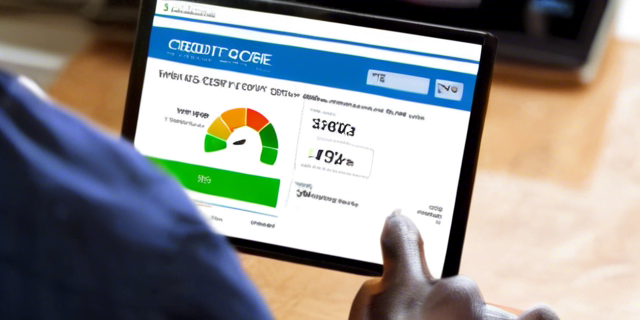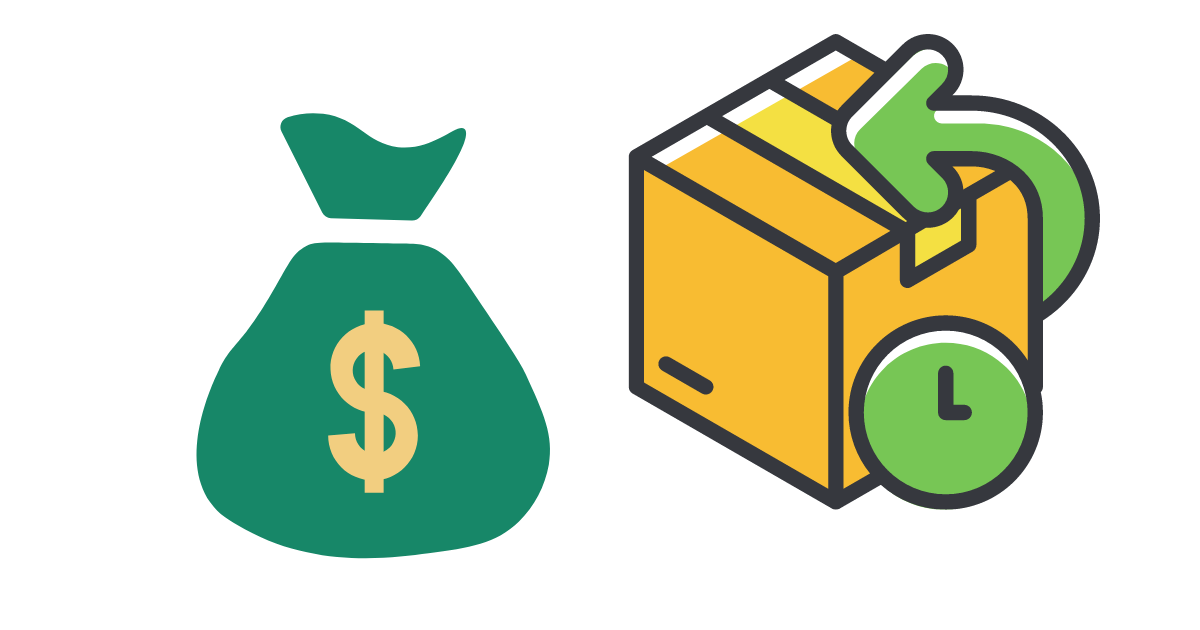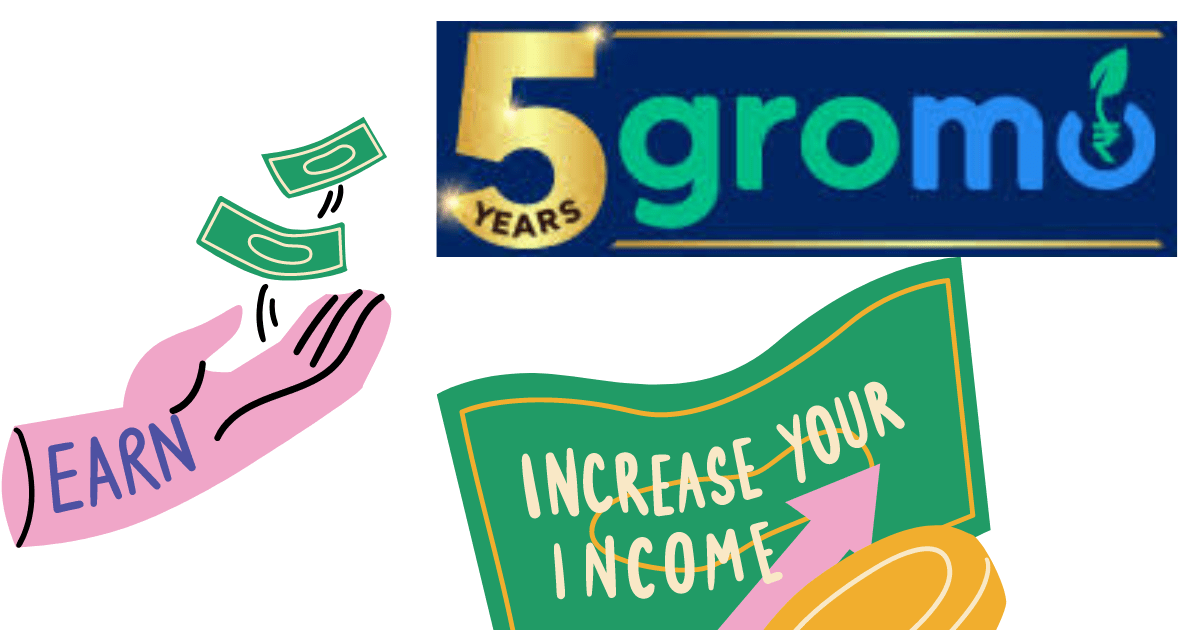Introduction
Hey there! Have you ever wondered why people emphasize so much on checking your Free Credit Score Well, it turns out, keeping an eye on your Cibil score is a lot more important than you might think! It’s not just a number on a piece of paper; it’s an indicator of your financial health and plays a crucial role in determining whether you’ll qualify for a loan, the interest rates you’ll receive, and so much more.
Plus, periodically checking your score can help you spot any inaccuracies or issues early on, keeping your financial journey smooth and stress-free. So, if you’re curious about how to get your hands on your latest credit report without any hassle, stick around! We’re about to dive into a super simple two-step process that will light the path to understanding and improving your financial well-being.
Importance of Monitoring Your Credit Score
Your credit score is more than just a number. It’s a reflection of your financial health, a three-digit snapshot that lenders use to decide how trusty you are with borrowing money. Let’s dive into why keeping an eye on this number is crucial for anyone who wants to stay on top of their finances.
Impact on Loan Approvals
First off, your credit score is the gatekeeper to loan approvals. When you apply for a mortgage, car loan, or any personal loan, lenders peek at your credit score to make their first impression about you. Think of it as your financial handshake. A strong score, generally considered to be above 700, says, “Hey, I’m reliable!” It suggests to lenders that you’re punctual and responsible when it comes to repaying borrowed money.
On the flip side, a lower score might make lenders hesitate. It can be the difference between a big, warm “Welcome aboard!” and a cold, silent “We’ll get back to you.” The bottom line? Regularly checking your score lets you know where you stand. If your score could use some scrubbing, knowing is the first step to improving.
Influence on Interest Rates
Here’s the deal: Your credit score doesn’t just affect whether lenders will let you borrow money; it also impacts how much it’s going to cost you to borrow that money. We’re talking about interest rates. The better your credit score, the lower your interest rates could be. And who doesn’t love saving money?
For example, a high credit score might get you a mortgage with a 4% annual interest rate. Meanwhile, a lower score could bump that up to 6%. On a 30-year mortgage, that 2% difference can mean tens of thousands of dollars. Monitoring your credit score and taking steps to improve it can mean more money in your pocket. It’s as simple as that.
Understanding Free Credit Score
Now that we’ve covered the why let’s get into the what. Your CIBIL report, or credit report, is the detailed story behind your credit score. Think of your credit score as the summary of a novel, and the CIBIL report as the novel itself. It’s rich with details about your credit history, and understanding it can empower you to manage your financial health more effectively.
What is a Cibil Report?
A CIBIL report, generated by TransUnion CIBIL, is a comprehensive document that outlines your credit history and behavior over time. It’s like your financial report card, showing lenders how well you’ve managed your loans and credit card payments. This report plays a critical role in financial decision-making processes, influencing lenders’ trust in you.
Consider it a record of your financial habits, with every chapter telling a story about your credit interactions – be it your punctuality in paying off credit card bills, the types of loans you’ve utilized, or how often you’ve applied for credit. Understanding your CIBIL report allows you to appreciate the gravity of financial discipline and its impact on your future borrowing capabilities.
Components of a Cibil Report
To truly grasp the insights of your CIBIL report, let’s dissect its main components. Each part offers lender-specific information, providing a clearer picture of your creditworthiness.
– Credit Score: Right at the top, your report highlights your credit score. This numerical value ranges from 300 to 900, with any score above 700 being favorable in the eyes of lenders.
– Personal Information: This section lists your personal details such as your name, date of birth, PAN, passport number, and other identification markers. It ensures your financial records are accurately tied to you.
– Contact Information: Your addresses and phone numbers over time are recorded here. It demonstrates your stability and helps lenders send any pertinent communications.
– Account Information: Here’s where the meat of the report lies. It details your credit accounts, including loans and credit cards, the dates they were opened, credit limits, loan amounts, and your repayment track record. This section tells lenders if you’re a timely payer or if you’ve had slip-ups.
– Enquiry Information: Each time you apply for credit, the lender makes a “hard inquiry” to check your creditworthiness. This section records each of these inquiries, showing how often you’ve sought credit. A high number of inquiries might signal financial distress, making lenders wary.
Understanding each component of your CIBIL report is key to maintaining and improving your financial health. It offers a roadmap to better credit practices, guiding you towards a robust credit score. Regularly reviewing your CIBIL report not only helps you catch any inaccuracies that might be pulling your score down but also enables you to devise a strategy for financial improvement. So, get familiar with your report. It’s one of the best tools in your financial toolkit.
Steps to Obtain Your Cibil Report
Navigating through the process of obtaining your Cibil report can initially seem daunting. However, by breaking down the process into simple, manageable steps, you can easily access your credit score and understand your financial standing. Here’s how to get started:
Step 1: Registering on Cibil Website
The first step towards obtaining your Cibil report is to register on the Cibil website, which is a straightforward process. Here’s what you need to do:
– Visit the Official Cibil Website: Start by visiting the official Cibil website. Look for the section that allows individuals to request their credit score.
– Fill Out the Registration Form: You will be prompted to fill out a registration form. This form requires some basic personal information such as your name, email address, and a government-issued ID (like PAN, Aadhar, etc.). Be sure to enter all the information accurately to prevent any issues with your report.
– Create a Login: Once your information has been submitted, you’ll need to create a login ID and password. This will allow you to access your account in the future without having to re-enter all your information.
– Verify Your Identity: For security reasons, Cibil will require that you verify your identity. This might involve answering a few questions about your financial history or confirming a code sent to your mobile number or email.
Completing the registration process is a critical first step in accessing your credit information. It not only ensures the security of your financial data but also prepares you for the next phase of accessing your report.
Step 2: Requesting and Accessing Your Report
After registering and logging in, the next step is to request and access your Cibil report. Follow these guidelines:
– Request Your Report: Within your dashboard, navigate to the option for requesting a credit report. You might have the option to request a free report or opt for paid services that offer more detailed insights. Make your choice based on your needs.
– Complete Any Additional Verification: Depending on the details of your financial history, you may be asked to complete additional verification steps. This is a normal part of the process and helps ensure the accuracy and security of your credit information.
– Access Your Report: Once your request has been processed, which usually takes a few minutes, you’ll have access to your Cibil report. This report will include your credit score as well as detailed information about your credit history, including credit accounts, loans, and payment history.
It’s important to review your report carefully for accuracy and to understand the various factors that are impacting your credit score. If you find any discrepancies, you should report them immediately to Cibil for correction.
Benefits of Regularly Checking Your Credit Score
Understanding and regularly checking your credit score are crucial components of maintaining good financial health. Here are some key benefits of keeping a close eye on your credit score:
Early Detection of Errors
One of the most immediate benefits of regularly checking your credit score is the early detection of errors. Inaccuracies in your credit report, such as incorrect account details or fraudulent activities, can negatively impact your score. By regularly reviewing your report, you can identify and rectify these errors promptly. This proactive approach not only helps in maintaining a healthy credit score but also safeguards against potential identity theft.
Monitoring Financial Health
Your credit score is a reflection of your financial health and habits. Regularly checking your score allows you to monitor how your financial behaviors—such as your payment history, credit utilization, and types of credit—are influencing your score. Understanding these dynamics can motivate you to adopt healthier financial habits, like paying bills on time, maintaining a lower credit utilization ratio, and diversifying your credit accounts. This ongoing monitoring acts as a personal finance check-up, letting you know areas where you’re doing well and aspects that need improvement.
Improving Creditworthiness
Having a good credit score is crucial for financial opportunities, such as securing loans with favorable terms, getting approved for credit cards, and even affecting your insurance premiums and employment prospects. Regularly checking your credit score gives you insights into what lenders see when evaluating your creditworthiness. It helps you understand the factors that positively or negatively affect your score, allowing you to take actionable steps to improve it. Whether it’s by reducing outstanding debt, limiting new credit inquiries, or correcting inaccuracies, these steps can enhance your creditworthiness over time.
Maintaining a healthy credit score is akin to maintaining good health. It requires regular check-ups, a thorough understanding of the factors that affect it, and proactive measures to improve it. By following the simple steps to access your credit report and understanding the value of regularly checking your credit score, you’re taking significant strides towards financial stability and health. Just like any journey, the path to improving your financial standing begins with informed, small steps, and a commitment to ongoing vigilance and improvement.
Tips to Improve Your Credit Score
Improving your credit score can feel like a daunting task, but it’s an essential part of maintaining financial health. Your credit score affects your ability to borrow money, the interest rates you are charged, and can even influence your job prospects. Luckily, several strategies can help boost your score. Let’s dive into some of the most effective tips.
Paying Bills on Time
One of the simplest, yet most effective, ways to improve your credit score is by paying your bills on time. Payment history makes up a significant portion of your credit score calculation, and lenders view timely payments as a sign of financial reliability and responsibility. Here are a few strategies to ensure you don’t miss deadlines:
– Set up automatic payments: Most banks and creditors offer an automatic payment option, which can be a surefire way to never miss a due date.
– Use reminders: Setting up reminders on your phone or calendar a few days before your bills are due can help keep you on track.
– Budget wisely: Allocate funds for your bills at the beginning of each month to ensure you have enough to cover your expenses.
Timely payments can gradually increase your credit score, reflecting positively on your credit report.
Keeping Credit Utilization Low
Credit utilization – the ratio of your credit card balances to your credit limits – is another key factor in your credit score. It’s recommended to keep your utilization below 30% of your total credit limit, as higher utilization can signal to lenders that you’re overly reliant on credit and may have difficulty managing your finances. Here are some tactics to help manage your credit utilization:
– Pay off balances each month: Paying your credit card balances in full each month ensures that you’re not spending more than you can afford and keeps your utilization low.
– Request higher credit limits: If you have a good payment history, consider requesting a higher credit limit from your card issuer. This can instantly lower your utilization ratio as long as you don’t increase your spending.
– Spread out charges: If possible, spread out your expenses across multiple cards to keep the balance on each card lower.
Monitoring and managing your credit utilization can provide a significant boost to your credit score over time.
Regularly Checking Cibil Report
Regularly checking your Cibil report plays a critical role in maintaining and improving your credit score. It allows you to understand where you stand in terms of credit health, monitor for any fraudulent activity, and identify any mistakes that may be negatively impacting your score. Steps to take include:
– Look for errors: Review your report for any inaccuracies, such as payments marked late that were actually paid on time, or accounts that you don’t recognize. Incorrect information can be disputed and corrected, improving your score.
– Monitor credit inquiries: If there are hard inquiries that you didn’t authorize, it could be a sign of identity theft. Regular monitoring helps you catch these issues early.
– Understand your debts: Your report will list all your current and past debts, allowing you to get a clear picture of how lenders see you.
Accessing your Cibil report regularly (which is now free yearly by law) not only helps in keeping your financial health in check but also educates you on how different financial decisions can impact your credit score.
By adopting these practices, not only can you boost your credit score, but you can also maintain a healthier financial lifestyle. Remember, improving your credit score is a process that takes time, persistence, and discipline.
Conclusion
Keeping an eye on your credit score is more than just a number-checking exercise; it’s a crucial step toward financial health and independence. By understanding your credit score through a Cibil report, you empower yourself with the knowledge needed to make informed decisions about loans, credit cards, and other financial products.
Remember, your financial health is an essential aspect of your overall well-being, and maintaining a good credit score is a pivotal part of that. Don’t forget, the process to check your Cibil score is straightforward and can be summed up in two simple steps. So why wait? Take that step towards financial savvy by checking your score today and regularly thereafter. Your future self will thank you for this proactive approach to managing your financial health.

















